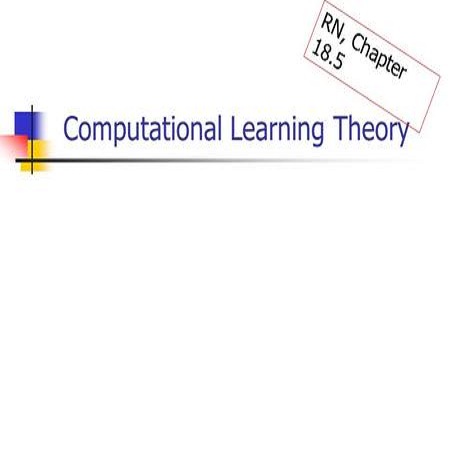Machine learning is increasingly applied in high-stakes decision making that directly affect people's lives, and this leads to an increased demand for systems to explain their decisions. Explanations often take the form of counterfactuals, which consists of conveying to the end user what she/he needs to change in order to improve the outcome. Computing counterfactual explanations is challenging, because of the inherent tension between a rich semantics of the domain, and the need for real time response. In this paper we present GeCo, the first system that can compute plausible and feasible counterfactual explanations in real time. At its core, GeCo relies on a genetic algorithm, which is customized to favor searching counterfactual explanations with the smallest number of changes. To achieve real-time performance, we introduce two novel optimizations: $\Delta$-representation of candidate counterfactuals, and partial evaluation of the classifier. We compare empirically GeCo against five other systems described in the literature, and show that it is the only system that can achieve both high quality explanations and real time answers.
翻译:机器学习越来越多地用于直接影响到人们生活的高度决策,这导致对系统解释其决定的需求增加。解释通常采取反事实的形式,即向终端用户传达她/他需要改变的改变来改善结果。计算反事实解释具有挑战性,因为这个领域丰富的语义与实时回应的需要之间存在内在的紧张关系。在本文中,我们介绍了第一个能够实时计算合理和可行的反事实解释的系统GeCo。在其核心方面,GeCo依赖基因算法,该算法的定制是为了在最小的改动中寻找反事实解释。为了实现实时性能,我们引入了两种新的优化:用$\Delta美元代表候选人反事实,以及部分评价分类者。我们用经验将GeCo与其他五个文献描述的系统进行比较,并表明它是唯一能够实现高质量解释和实时答案的系统。




